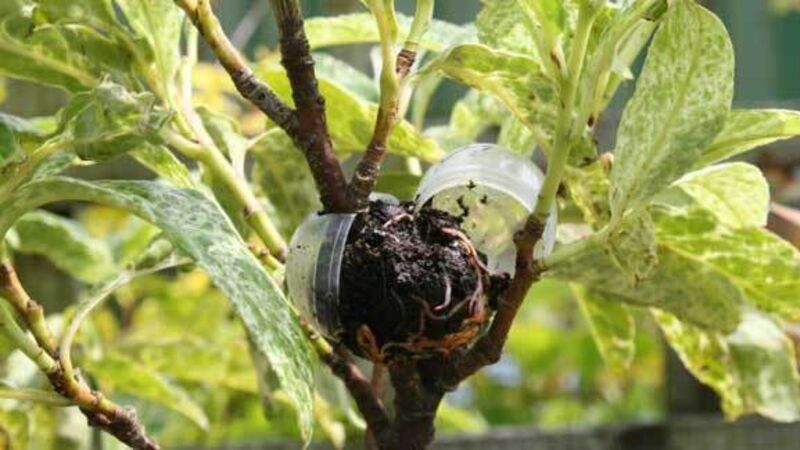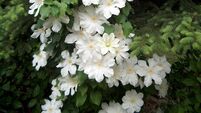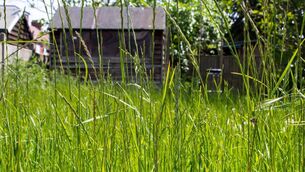Drop the carpet-bombing of pests and plants for cheap and cheerful eco products

At least that’s what it feels like after all the rain and wind we have experienced this winter.
Of course, Irish weather and logic don’t make good bedfellows so we’ll have to accept whatever the climate gods throw at us.










